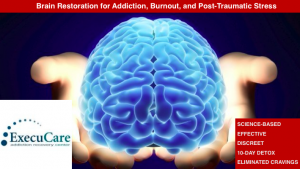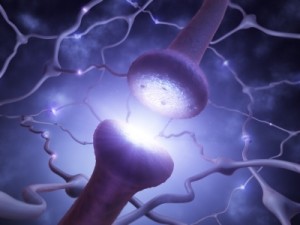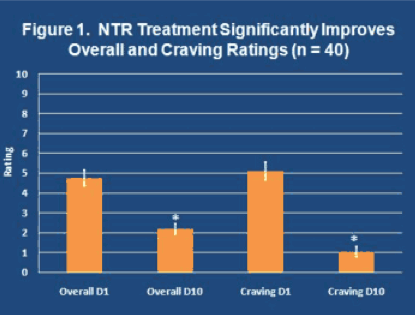How to celebrate Cinco de Mayo while in addiction recovery:
Cinco de Mayo, a vibrant celebration of Mexican heritage and pride, has transcended its origins as a commemoration of the Mexican Army’s victory over the French Empire at the Battle of Puebla. Today, it’s widely embraced as a day of festivity, marked by colorful parades, music, dancing, and, for many, indulging in Mexican cuisine and libations. In New Orleans, there’s the Cinco de Mayo Festival, May 4-5, Fat City Park 3720 Hessmer Ave., Metairie, LA 70002 and plenty of restaurants celebrating such as the Velvet Cactus (6300 Argonne Blvd, New Orleans, LA 70124) and Juan’s Flying Burrito (4724 South Carrollton Ave New Orleans, LA 70119). However, amidst the joyous revelry, it’s crucial to acknowledge the darker side that accompanies excessive alcohol consumption – the battle against alcohol addiction.

As margaritas flow freely and tequila shots abound, it’s easy to get caught up in the excitement of the festivities. Yet, for individuals struggling with alcohol addiction or are in addiction recovery, Cinco de Mayo can represent a daunting challenge, a day where the temptation to overindulge may feel insurmountable.
Alcohol addiction is a complex and pervasive issue that affects millions worldwide, irrespective of ethnicity or cultural background. Cinco de Mayo serves as a poignant reminder that while celebrations are a cherished part of our cultural tapestry, they must be approached with mindfulness and moderation, especially for those grappling with addiction.
For individuals in recovery or actively combating alcohol addiction, Cinco de Mayo can evoke feelings of anxiety, loneliness, or vulnerability. The pressure to partake in the festivities, coupled with the ubiquity of alcohol-centric events, can trigger relapses or exacerbate existing struggles with addiction.
How to Protect Your Addiction Recovery during Cinco de Mayo:
However, amidst these challenges lies an opportunity for reflection and resilience. Cinco de Mayo can serve as a catalyst for fostering a culture of supporting those in recovery. Here are some strategies for navigating Cinco de Mayo while prioritizing sobriety:
- Seek Support: Reach out to friends, family, or support groups who understand your journey and can provide encouragement and solidarity during this time. You can also schedule a Booster of NTR Brain Restoration that utilizes NAD+ therapy to support the physiological aspects of recovery.
- Create Alternatives: Host alcohol-free gatherings or participate in sober activities such as hiking, picnicking, or attending cultural events that don’t revolve around alcohol.
- Practice Self-Care: Engage in activities that promote relaxation and well-being, such as meditation, yoga, or indulging in your favorite hobbies.
- Plan Ahead: If attending events where alcohol will be present, devise a plan to navigate potential triggers and establish an exit strategy if you feel uncomfortable or tempted.
- Celebrate Mindfully: Opt for non-alcoholic alternatives to traditional cocktails.
By fostering a community of empathy, understanding, and support, we can transform Cinco de Mayo into a celebration that honors cultural heritage while promoting sobriety and wellness. As we commemorate Cinco de Mayo, let us remember that the true essence of celebration lies not in whether alcohol is consumed but in the quality of moments shared with loved ones, rooted in authenticity, compassion, and resilience. Together, we can raise awareness, break the stigma surrounding addiction, and pave the way for a brighter, more inclusive future where everyone can partake in festivities without compromising their well-being.

 We are excited about our ExecuCare free CEU Seminar,
We are excited about our ExecuCare free CEU Seminar, 






